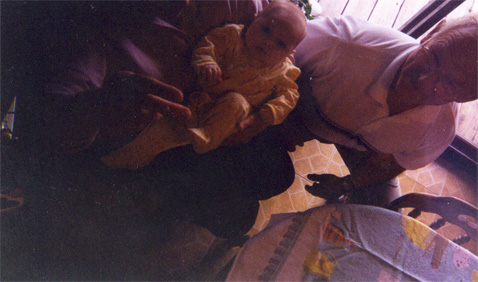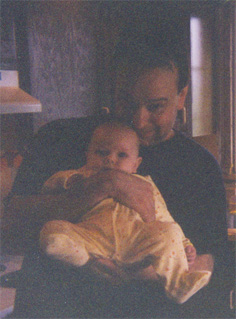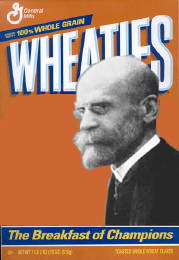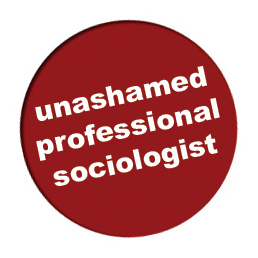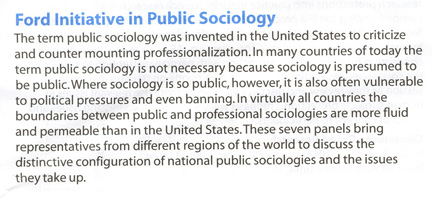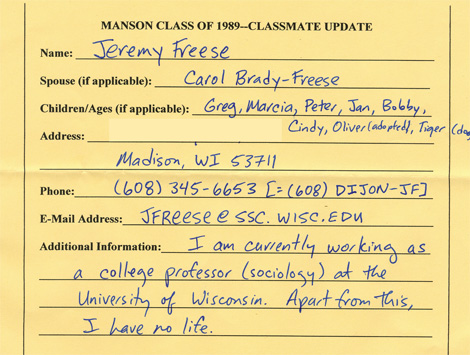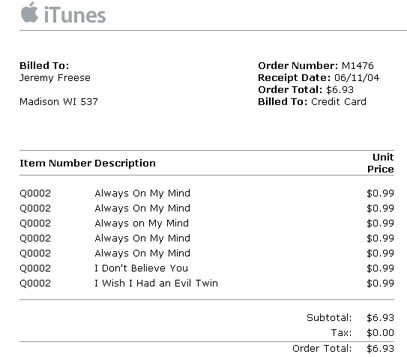A sense from a couple conversations I've had is that astrosociology has provoked such a reaction because it seems to finally mark the point at which the prospective continued substantive dissipation of sociology--which, according to statistical projections, will result in one specialty area (and two blogs) per sociologist by the year 2030--has gone too far. Animals and society, fine, people who want to study their pets and call it sociology need something, but astrosociology, that's ridiculous. It reminds me a little bit of a recurrent thing that has been said about the "underclass" (a.k.a. various other things, including the oh-so-fashionable "urban subproletariat") over the last however many years, which is that if X, Y, and Z are not done right away, the existence of the underclass will be a permanent condition in our society. That may well be true--although, you know, permanently is a really long time--but the point is that since the X, Y, and Z of earlier formulations have most certainly and abjectly not been done, if we have been facing the imminent prospect of a permanent underclass all this time we probably actually do have a permanent underclass right now. If that analogy doesn't make sense--I did, admittedly, NOT SLEEP LAST NIGHT, which may also explain my last post's Nina-angering-double-agreement with our president--what I'm saying is that a many people in sociology seem to have a sense that various regarded-as-ridiculous aspects of our discipline will at some point finally Go Too Far, as though sociology will seize up and die in a singular fit of incoherence-and-irrelevance-induced apoplexy, but if there is really anything that would constitute "Too Far" in any of these respects, sociology has almost certainly crossed these Rubiconica already.
So: astrosociology, rhinosociology, fructosociology, neuronecronanosociology, whatever. I wish all of it was more infused with rococosociology, instead of taking itself so seriously and yet being so poorly and unimaginatively written.
Besides, nothing the astrosociology guy is proposing is as nutty as the Ph.D. certified sociological exoneration of astrology that Kieran Healy refers to in his now-pioneering skepto-astrosociology post.
An absolutely crucial thing, though: If anyone wants to start working on creating an elaborate subfield hoax for the 2005 meetings (doing it right requires at least a year, yes), let me know. I did get this message from a couple sociologists working out of an underground complex in Red Russet, ID, which does shows promise:
Have you ever wondered why there is a dance named for the potato, but not for lesser tubers? If so, an open forum for tuberosociology will take place this August at Red's Irish Bar, a satellite meeting site for the ASA. Named in honor of Solanum tuberosum, the common potato, tuberosociology is the study of human-potato interactions. Although such interactions are currently neglected in our discipline, they represent an important subset of all social interactions.But I mean something more aspiring and more elaborate. A website with a manifesto, say. Temporary tattoos and ribbons to put on your nametag at the ASA meetings. Maybe also something that allows one to strike a faux-sanctimonious pose at anyone who would resist the subfield. Being able to pronounce it revolutionary also a plus.
Sociology is indeed the right discipline to study human-potato interactions since said interactions are characterized by status inequalities. Consider one of the most common human-potato interactions: humans eating french fries. Or consider human attempts to blur the distinctions between human and potato (i.e. Mr. Potato Head). [Note, incidentally, that the first step in anthromorphizing the potato is to give it gender.]
You can help this fledgling subfield get off the (out of the?) ground by sending a monetary donation to help the efforts to organize this section. All donations can be sent directly to [address deleted]
* Speaking of ABC, I'm having the second dinner/blogsummit with the Wisconsin Law representatives of those letters tonight. We're going to GT, which I've been told are initials referring to some restaurant in Middleton, and not Group Therapy.


